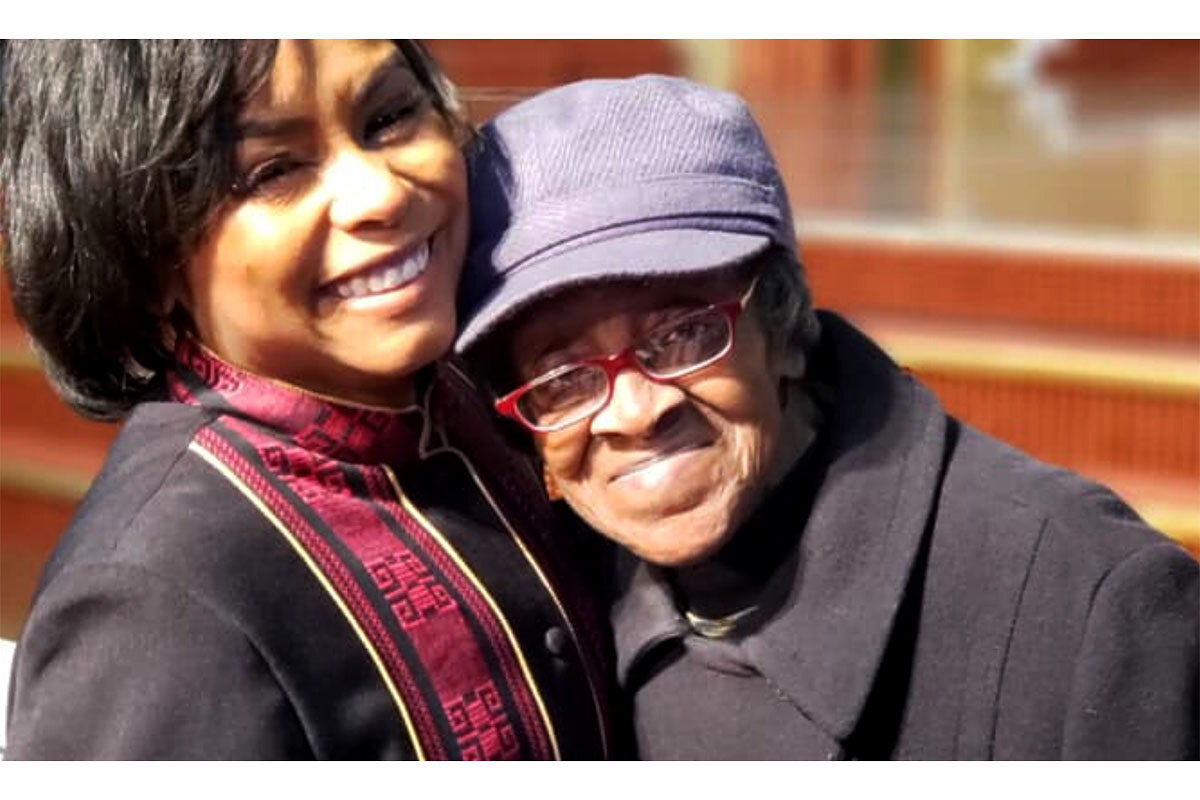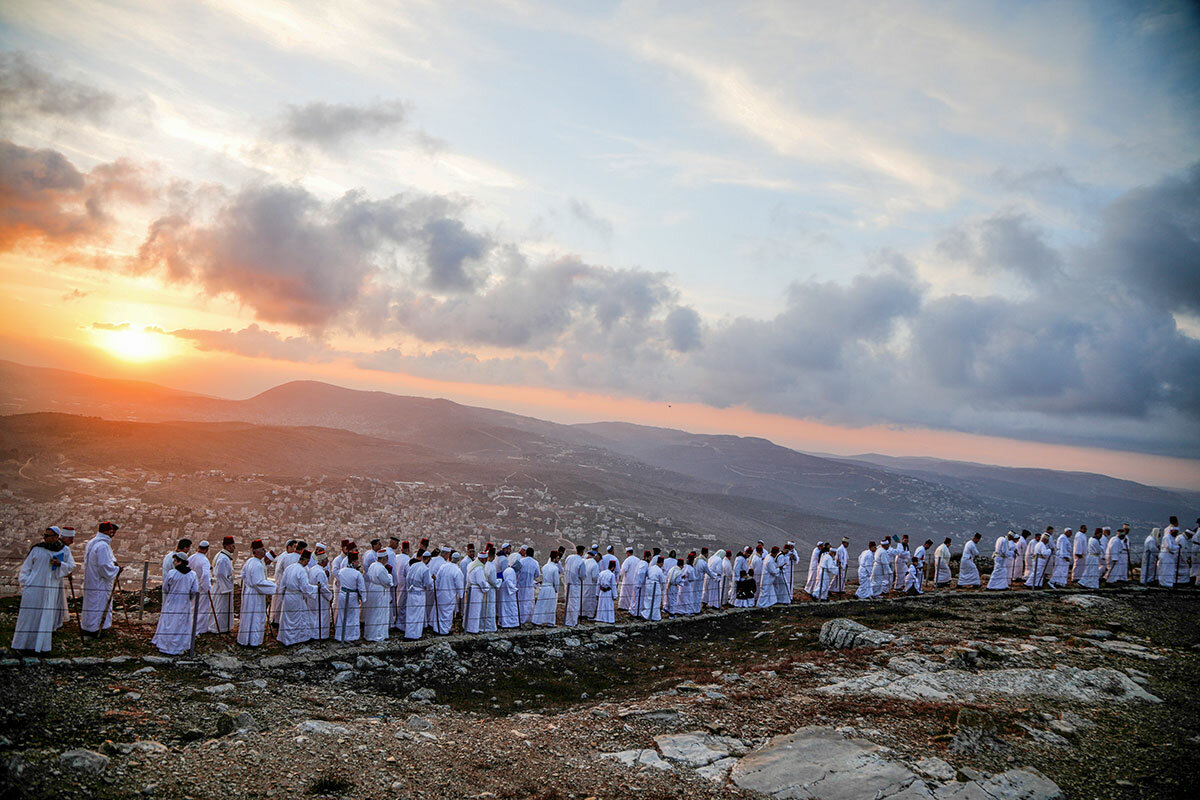President Biden’s efforts to work with two key senators could be seen as a way to bridge the divide between the Democratic Party priorities of the future and those of the past.
Monitor Daily Podcast
- Follow us:
- Apple Podcasts
- Spotify
- RSS Feed
- Download
 David Clark Scott
David Clark Scott
Fair pay in pro baseball’s minor leagues is about as rare as a no-hitter.
On average, these wannabe big leaguers make less per hour than workers at McDonald’s or Walmart. And it’s legal. With passage of the 2018 Save America’s Pastime Act (now under litigation), minimum wage protection was removed.
You might say, but when they get to the majors, these guys make a bundle for playing a game. True. But only 10% of minor league baseball players make it to “The Show.” And compared with players of other major U.S. sports, those pursuing the pro dream are literally paying for that privilege. A Triple-A baseball player makes less than half the minimum annual salary ($14,700) that an NBA G-League player makes ($35,000), reports Sporting News. A baseball minor leaguer must also cover housing and at least six weeks of unpaid spring training.
Still, there is modest progress. The Triple-A minimum salary went up by 38% this year (to $14,700). And it was reported Sunday that minor league players next year will get what their hockey and basketball counterparts already receive: a housing stipend.
The business model for nurturing new baseball talent is getting some overdue attention to fairness. Or as Bill Fletcher Jr. of Advocates for Minor Leaguers told Axios: “People talk about wages, hours, and working conditions, but it is really about dignity. Am I going to be respected as a human being?”










